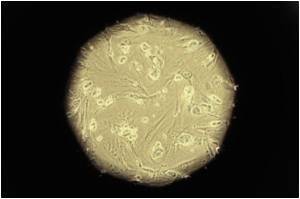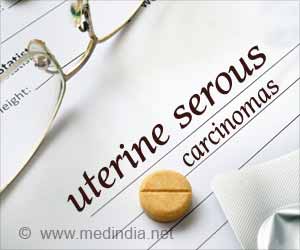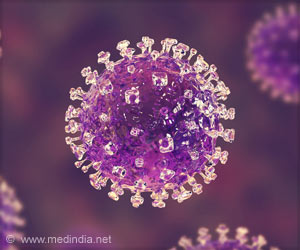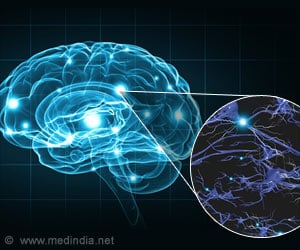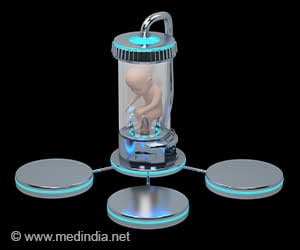
There is currently no cure for the disease, which affects around 10-15 million Americans and another 10 million people in Europe, the company said.
The Food and Drug Administration cleared the Massachusetts-based company in November to begin a similar trial on patients with a progressive form of juvenile vision loss, known as Stargardt's disease.
"ACT is now the first company to receive FDA clearance for two hESC (human embryonic stem cell) trials, and is now a true translational leader in the field of regenerative medicine," said Gary Rabin, Interim chairman and chief executive.
"It marks a major step forward, not just within the stem cell sector, but, potentially for modern healthcare techniques."
The company hopes to begin the US clinical trials in the coming months, and intends to seek approval for similar trials in Europe. The US and European market for such a treatment amounts to 25 to 30 billion dollars, it said.
Advertisement
Embryonic stem cell research has been a controversial field ever since the first such stem cells were isolated more than 12 years ago. Critics oppose the research because it involves the destruction of human embryos.
Advertisement
Source-AFP




